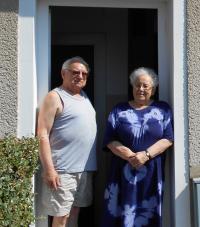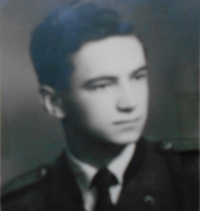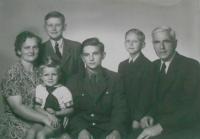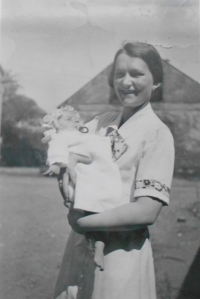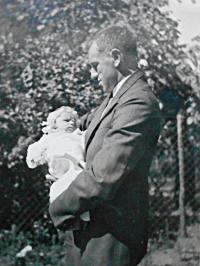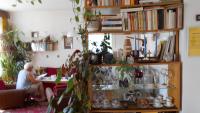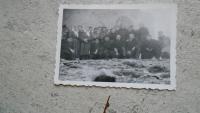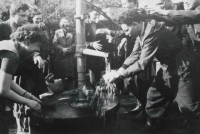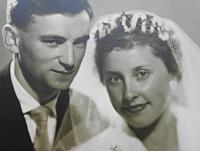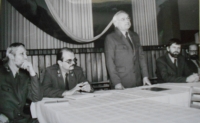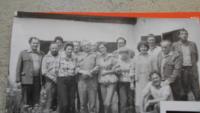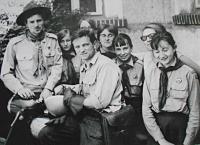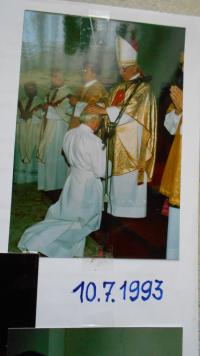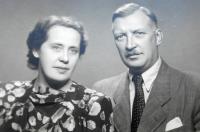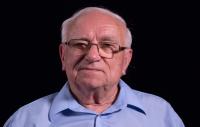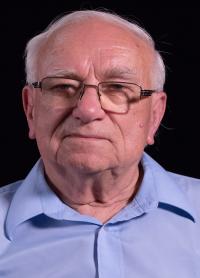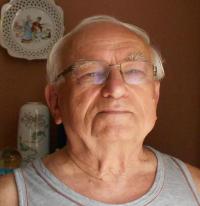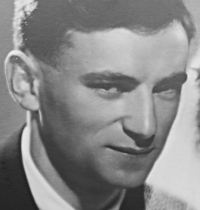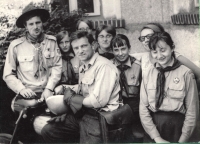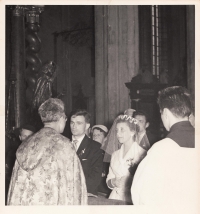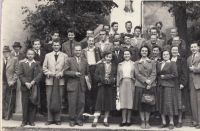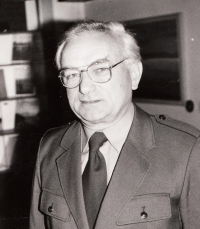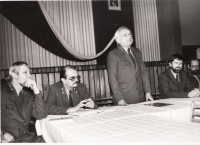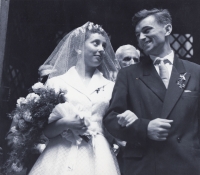We thought we would not see the fall of the regime. That‘s why the underground church was the only option

Stáhnout obrázek
Ing. Karel Faber was born on 10 July 1935 in Prague into a Catholic family of forest engineer Karel Faber. In 1937 the family lived in Podkarpatska Rus, in 1939 they were evacuated back to Prague. Karel studied at a grammar school, but for political reasons he did not get to a higher school. He trained as a forest worker, then graduated from the grammar school at night and was admitted to the Czech Technical University, Faculty of Forest Engineering. During his adolescence he joined the Vyšehrad church choir. It was basically a community of Christian youth, which met illegally and in other leisure activities. After a tragic accident in 1961, when a member of their fellowship drowned, Karel came under the State Security radar and a prosecutor‘s reprimand put his state studies in jeopardy. After the military service in 1963, he was stationed in southern Bohemia, where he and his wife Helena moved, raised two children, and continued to be open about their faith. In their home they formed a Christian community, devoting themselves to catechesis, theological studies and spiritual practice. Karel studied illegally with Josef Zvěřina, Oto Mádr. He prepared for work in the underground church and for his secret ordination as a deacon. He faced pressure from the State Security. In 1990 he was appointed general director of the South Bohemian State Forests and also completed an eight-year theological education. In 1993 he was ordained a deacon. He worked in the spiritual administration of the parishes in Hluboká nad Vltavou, Pištín and Zliv. In 2018 he lived in České Budějovice.
